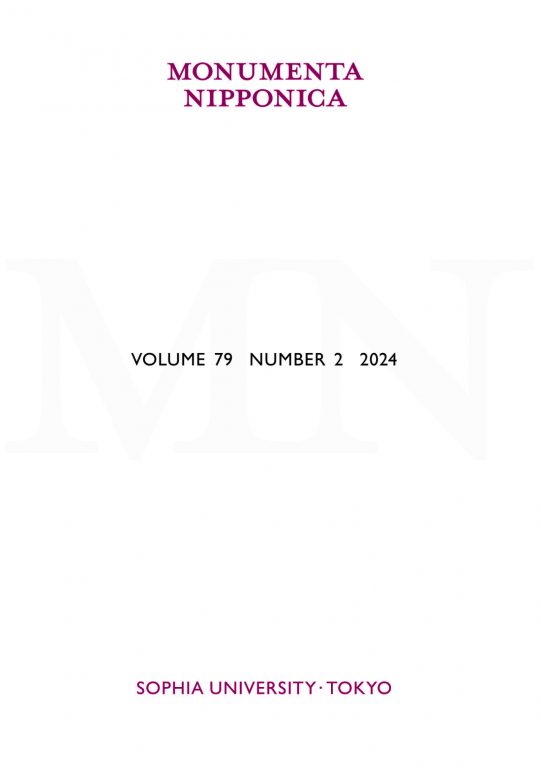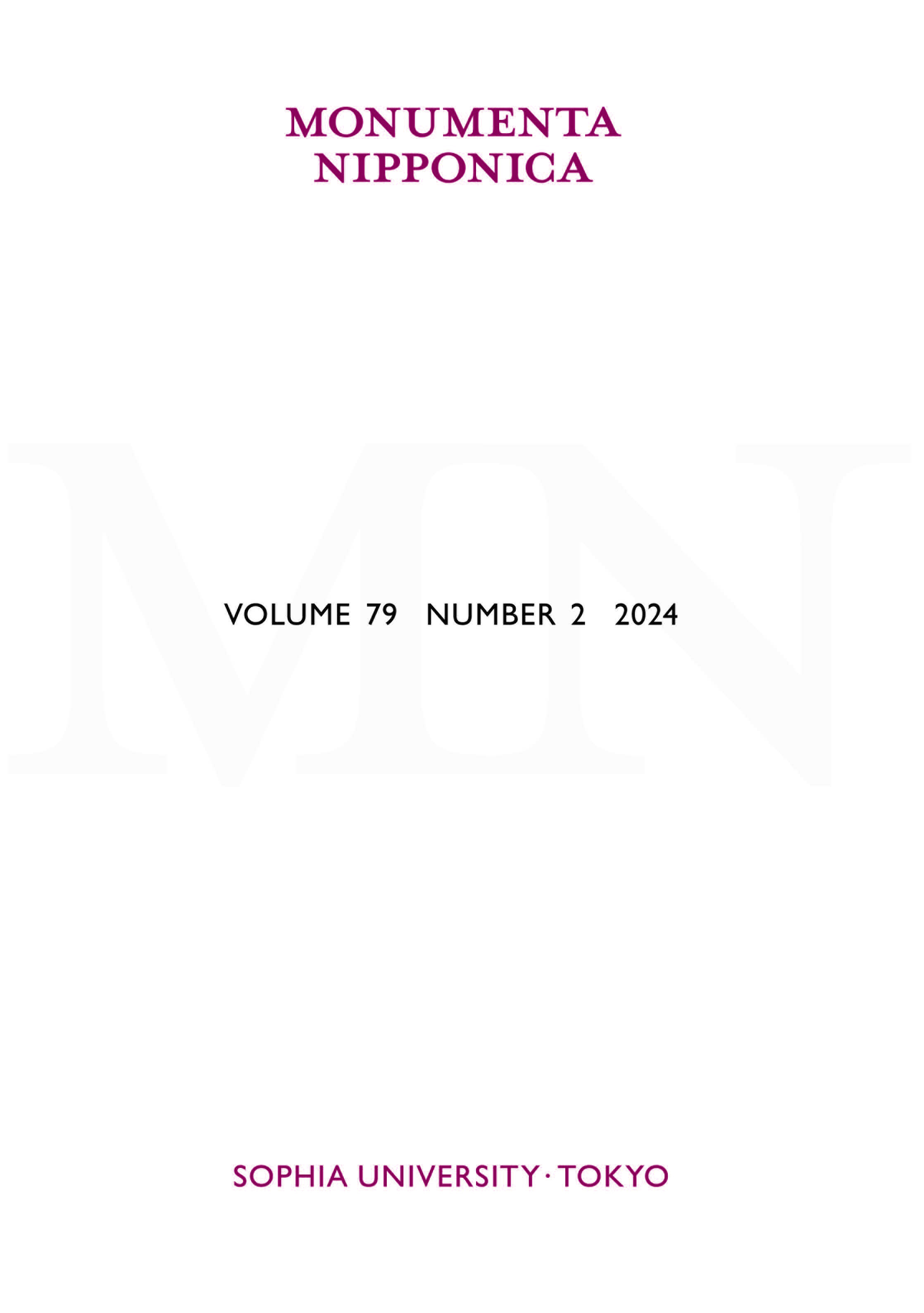Japanese Racial Identities within US-Japan Relations, 1853–1919 by Tarik MeridaRotem Kowner
MN 79:2 (2024) pp. 285–88
Over the 170 years since their first diplomatic agreement, the relationship between Japan and the United States has undergone significant fluctuations. At certain times Americans were Japan’s most formidable enemies, while at others, notably during the past seventy-nine years, they have been the country’s closest allies. Although geopolitical considerations and economic needs have lain at the core of these dramatic shifts, national images and racial animosities have played a role in both the rapid deterioration and subsequent recovery of relations. John W. Dower’s book War without Mercy remains a seminal analysis of the nadir of US-Japan relations during the Asia-Pacific War (1941–1945).1 Dower characterized the conflict as fundamentally racial but did not examine the origins of these racial perceptions and their development before the war, a task he left to future scholars.

